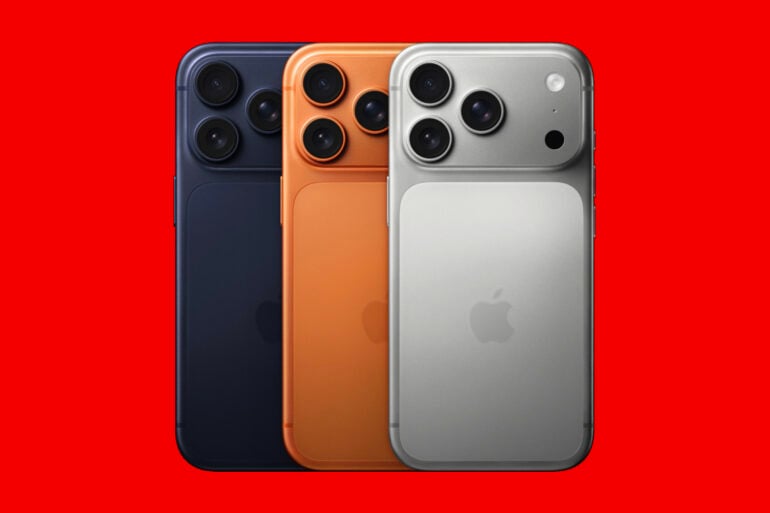Whenever a prominent new device launches, like the iPhone 17, it sparks an evergreen question: how long should you hang onto a phone before upgrading? Fresh data from Vodafone has revealed how long Aussies are waiting before pulling the trigger.
According to the telco’s trade-in data, Australians upgrade somewhere between three and four years after buying an iPhone. Leading into the iPhone 17 launch, the iPhone 14 Pro was the most traded-in iPhone, slightly ahead of the iPhone 13 range, based on Vodafone’s data.
Now, trade-in data only tells part of the story, but it’s still an interesting insight. Considering a lot of the iPhone launch deals revolve around 36-month plans, the three-year upgrade cycle makes sense.
Vodafone’s most traded-in iPhones
- iPhone 14 Pro
- iPhone 14 Pro Max
- iPhone 14
- iPhone 13
- iPhone 13 Pro Max
Notably, Apple’s Pro models attracted higher trade-in frequency than the standard iPhone 14. Logic might suggest that a pricier phone should last longer, but Apple isn’t the only phone company that sees a quick turnaround on its premium devices.
Samsung mobile executive Eric Chou previously told GadgetGuy that the more money people spend on a phone, the sooner they’re likely to upgrade. In fact, he indicated that people who buy the ‘Ultra’ model of the Samsung Galaxy range usually upgrade within two years. It reflects a segment of the market with disposable income that wants the latest and greatest technology.
How long should a phone last?
Whether you approach the matter from a financial or a sustainability perspective, it makes sense to wait as long as possible before buying a new phone. There’s also the intangible element of what you consider enough of a reason to warrant upgrading.
A battery life that barely gets through the day, or a busted device altogether, is a simple enough reason. Convenience is also a strong factor, with the iPhone 15’s move to the more ubiquitous USB-C technology a motivator.
According to Choice‘s research into different types of technology, a phone should last around four-and-a-half years. That’s factoring phones of differing price points, however.
Google and Samsung famously commit to seven years of operating system and security updates across a range of phones. So, it’s reasonable to expect that a phone with that level of software support should last at least that long.
Apple doesn’t publicly commit to a specific timeframe for software support. However, historical data and the devices that support iOS 26 suggest a typical lifespan of between six and seven years.
Phones can and do certainly last longer than that. If anything, the battery will likely give up the ghost well before the rest of the phone’s hardware does. In that case, buying a new battery is usually much cheaper than upgrading a phone entirely. For example, getting a replacement battery for a base iPhone 11 costs $149, according to Apple’s quoted figure.
No matter the practicality, though, most people want to upgrade well before a phone outlasts its usefulness.








